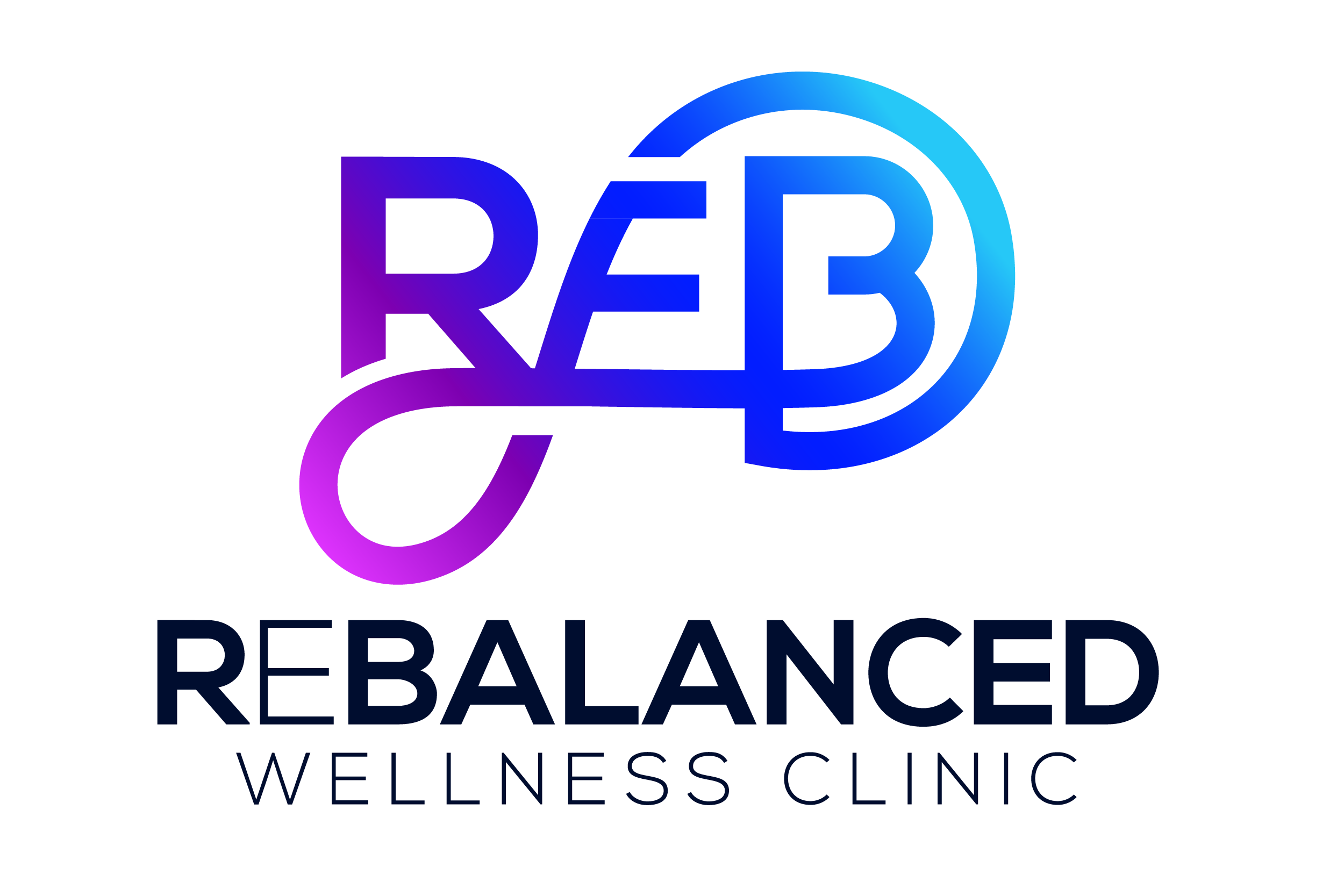Introduction to Diet Consultation
A diet consultation can be the first step towards a healthier you. At your first appointment, expect a detailed chat about your eating habits, lifestyle, and health goals. Your dietitian will likely ask you to share your medical history and any concerns you have. They might also want to know about your daily routine, food preferences, and any allergies. This information helps them create a personalized plan that fits your life. Think of it as a roadmap to healthier eating habits. Don’t worry if you’re not eating perfectly right now. Your dietitian’s job is to guide you, not judge. So, be honest and open. Remember, this is about making changes that will stick, so communication is key.

Preparing for Your First Diet Consultation Appointment
Before you dive into your first diet consultation appointment, there’s a bit to prep. This isn’t just another meeting. It’s the beginning of a healthier you. So, let’s make sure you’re ready to hit the ground running. First, jot down what you eat in a week – no cheating. Your dietitian needs the real scoop on what’s going into your body. Include everything, from the sneakiest snacks to the grandest meals. Next, have your goals clear. Want to lose weight? Or maybe boost your energy levels? Knowing what you aim for helps your dietitian tailor the advice. Bring any medical records or tests related to your health and eating. Got diabetes or high blood pressure? Your dietitian needs to know. Remember, this appointment is about setting you up for success. So, come prepared, be open, and let’s get started on reaching those health goals.
Setting Realistic Goals for Your Health and Diet
During your first diet consultation, setting realistic goals is key to a successful health journey. Your dietitian will work with you to understand your current eating habits, lifestyle, and overall health. Together, you’ll map out attainable objectives that won’t leave you feeling overwhelmed or discouraged. Remember, it’s not about rapid, drastic changes. Instead, it’s about small, manageable adjustments that lead to long-lasting health improvements. Your goals might start with incorporating more fruits and vegetables into your meals or gradually reducing your sugar intake. The idea is to set targets that you can hit, building confidence and momentum as you go. Remember, every big achievement starts with taking that first small step.
Understanding Your Personal and Medical Dietary History
Your first diet consultation is a deep dive into your eating habits, past and current health issues, and what you aim to achieve with your diet. The nutritionist will ask about your normal daily food intake, preferences, and aversions. They’re not just being nosy; they need this info to tailor a diet plan that you’ll actually stick to. Next, they will comb through your medical history. This means any chronic conditions, allergies, or previous hospital stays. It’s all relevant. Why? Because food interacts with nearly every aspect of our health, and your past and present health challenges paint a picture of what nutrients you might need more or less of. This session sets the groundwork for your personalized diet plan. It’s all about understanding you, so be open and honest. They’re here to help, not judge.
The Role of a Dietitian in Your Diet Consultation
A dietitian is your guide on the journey to better health through food. Think of them as a personal coach, but for eating. They’ve studied a lot about nutrition and understand how food impacts your body. During your first diet consultation, they’ll listen to your health goals, whether that’s to lose weight, manage a health condition, or simply eat better. They’ll ask about your current eating habits, lifestyle, and even your likes and dislikes in food. It’s not just about giving you a meal plan and sending you on your way. A dietitian works with you to create a personalized eating strategy that fits your life. They’ll help you understand which foods benefit you the most and why, and they’ll teach you how to make healthier choices. The goal? To make sure the changes you make are ones you can keep up long-term, not just a quick fix that fades away. So, when you meet with a dietitian, you’re not just talking about food – you’re setting the stage for a healthier future.
What to Bring to Your First Diet Consultation
To get the most out of your first diet consultation, coming prepared is key. Bring a list of your current medications and supplements. Why? Your diet can influence how these interact with your body. Next, jot down your medical history and any food allergies or intolerances. This helps tailor the diet plan to suit your needs without causing harm. Have a food diary ready, even if it’s just for a few days. It gives a clear picture of your eating habits. Also, think about your goals. Want to lose weight? Gain muscle? Writing these down focuses the consultation. Lastly, bring questions. Curious about keto or intermittent fasting? Ask away. Your dietitian is there to help, and no question is too small.
The Process of Your First Diet Consultation
Your first diet consultation is like mapping out a journey to better health. You’ll sit down with a dietitian who’s ready to listen to your health goals, eating habits, lifestyle, and even those little cravings that sneak up on you. This isn’t about judgment. Think of it as teaming up with a coach who’s as committed to your goals as you are. First off, you’ll chat about your current diet. What’s on your plate on a typical day? Any guilty pleasure snacks? Be honest — it helps in tailoring a plan that fits you. Then, your activity level comes into play. An office job versus a more physical one or your workouts, if any, affect what your body needs. The dietitian will likely ask about your health history too. Certain conditions or medications can influence your nutritional needs. Finally, it’s goal-setting time. Want to lose weight, gain muscle, watch your sugar, or just eat better? Setting clear, achievable goals is key. You might even leave with a basic plan or tips to start on. Remember, this visit is the starting line. It’s about getting to know each other and laying the foundation for your journey to health. It’s a team effort, and this first chat sets the tone for your path forward.
Common Questions and How to Address Them
When you walk into your first diet consultation, the unknown might make you a bit anxious. It’s absolutely normal. You’ll likely have a ton of questions swirling in your head. Be ready to ask anything that pops up. After all, knowledge is power, especially when it relates to your health. Here’s a quick rundown of common questions and how to tackle them.
What should I bring? First things first, gather any past medical records, a list of medications you’re currently taking, and your dietary history if you have it. This info helps your dietitian understand your background better.
Will I need to follow a strict diet? Most folks dread hearing they’ll have to cut out all their favorite foods. The truth is, a good dietitian works with you to create a realistic and flexible eating plan. They understand life’s too short to not enjoy the odd treat.
How often will we meet? This varies. Initially, you might meet more frequently to set your diet and goals. Over time, appointments might spread out as you gain control. Always ask so you can plan accordingly.
Is it all about weight loss? Not at all. Many seek a dietitian’s help for various reasons like managing diabetes, improving athletic performance, or simply wanting to eat healthier. Clearly express your goals to ensure you’re both on the same page.
Remember, there are no foolish questions. Your first diet consultation is a leap towards a healthier you, so make every question count to clear the fog on this journey.
Next Steps After Your Diet Consultation
After your diet consultation, you’ll dive deep into action. The dietitian will arm you with a personalized eating plan geared towards your goals. This could mean more veggies, lean proteins, or specific foods to boost your metabolism. You’ll be expected to follow it as closely as possible. To track progress, you’ll likely start keeping a food diary, jotting down everything you eat and drink. The idea is to become mindful of your eating habits. Regular follow-ups are part of the journey, too. These check-ins allow your dietitian to see how you’re doing and make necessary tweaks to your plan. Remember, it’s about progress, not perfection. Stay engaged, ask questions, and be open to adjusting your habits. That’s how you’ll see real changes.
How to Stay Motivated and Follow Through with Your Diet Plan
Staying motivated with a diet plan is all about setting realistic goals, celebrating small wins, and understanding setbacks are part of the journey. First, break your big goal into smaller, bite-sized targets. Achieving these can give you a sense of accomplishment and push you to keep going. For instance, if you aim to lose 20 pounds, start with a goal of losing 1-2 pounds a week. Celebrate when you hit each mini-goal but in a healthy way. Maybe reward yourself with a movie night or a small shopping trip—not food rewards. Keep a food diary or use an app to track your progress. It’s motivating to see how far you’ve come. Surround yourself with support. Having friends or family members who understand your goals and encourage you can make a huge difference. Finally, remember that slip-ups are normal. Don’t beat yourself up over a bad day or a missed workout. What’s important is getting back on track the next day. Stay focused, stay driven, and remind yourself why you started.
